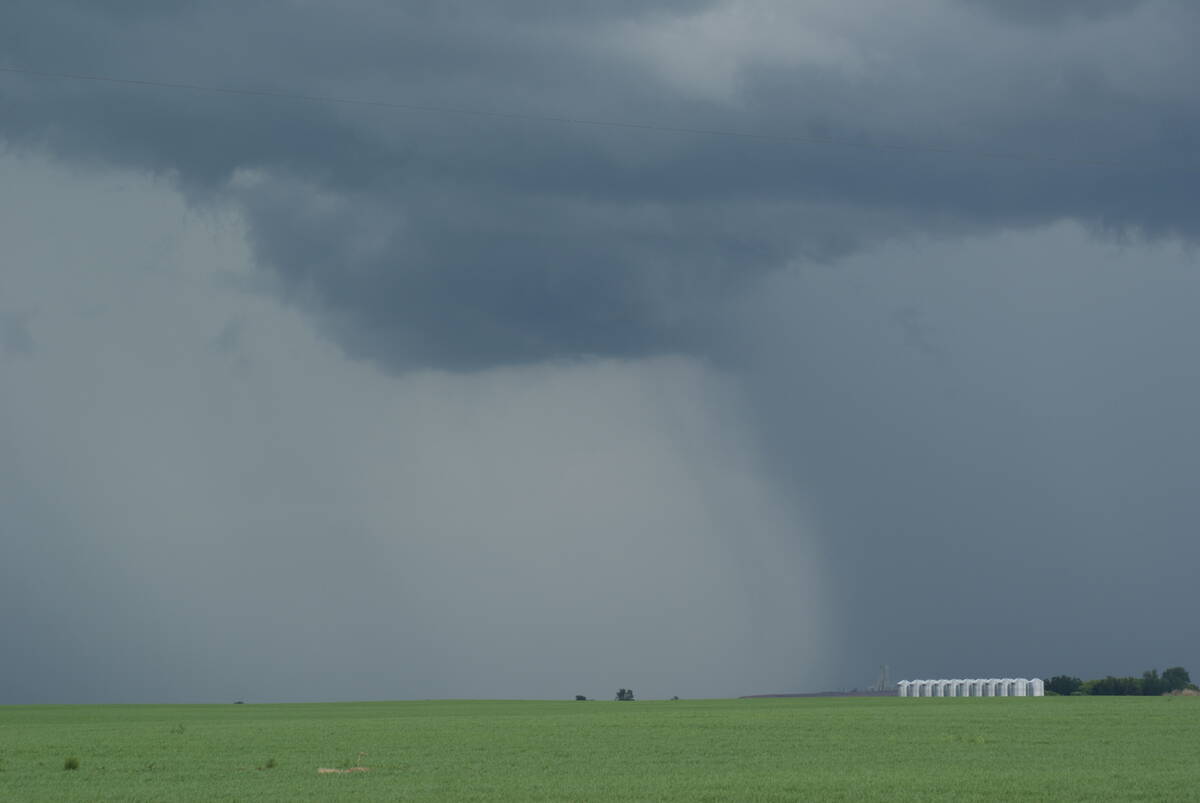Politicians appealing for rural votes often drop their g’s when talking to locals: “how’s it goin’ eh?”
Dropping a caveat is less common.
For years, yea decades, Canada has gone to World Trade Organization talks with a “balanced position” — wanting countries that are export targets to lower import tariff barriers while protecting Canadian import sensitive sectors in dairy, poultry and egg industries with high tariffs.
Ed Fast, Canada’s trade minister, has argued, so far successfully, that every country has sensitive sectors, Canada is no different and they can be protected.
Read Also

Canadian farmers need new tools to support on-farm innovation
Farmers need a risk management buffer that actually works and investment that drives advancements forward if Canada is to build resilience.
That has been the Canadian caveat, making the country a bit of an outcast among other so-called free traders in the Cairns group of trade liberalizing countries, but fairly mainstream among WTO countries with both export goals and import protections.
The current Conservative government, like Liberal governments before it, has maintained that delicate balance.
So it makes recent comments by trade minister Fast all the more puzzling.
Or maybe he has just dropped the nuance of Canada’s trade position.
He comes from a British Columbia riding where the chicken industry and supply management are huge economic drivers.
He understands the system, its import vulnerability and the traditional both-sides-of-the-fence Canadian position. He in fact defended both sides of the equation at his first WTO meeting in Geneva a few years ago.
He understands that a key part of Conservative party success in rural Ontario and Quebec that led the party to government in 2006 was its unexpected embrace of protectionist supply management after a decade of opposing protectionism.
Suddenly, unless there is some subtlety not clear to the common eye, trade minister Fast seems to have dropped that traditional Canadian nuance, the caveat, the Conservative wink to protectionism.
When he issued comments to welcome the election of Robert Azevedo as the next director general of the WTO, Fast was clear in what he thought the job of the new WTO range rider, herding close to 160 member countries, should be: root out protectionism in all its forms and guises.
“Canada calls upon and is prepared to work with, the next director general, to combat the protectionism that remains a toxic threat to the global economic recovery,” he said.
Protectionism is “toxic” to world trade?
So Canada’s WTO enemies will smirk when he goes to the next WTO ministerial meeting in Indonesia in December to argue that he is defending dairy and chicken tariffs that are at times more than 200 or 300 percent.
Protectionism is toxic?
It may be that the government and trade minister Fast assumed the world understands that Canada does not really believe all tariff protections are toxic if they are defending important trade sensitive sectors.
Or it could be the Conservative trade agenda has moved beyond protectionism.
Certainly the lack of response of Canada’s supply managed sector to the “toxic” comment would suggest it knows better than to take trade minister Fast at face value.
Or maybe it simply believes the annual promises from the government that supply management is safe under its watch are true.
Unless Fast clarifies, it is not all that clear.














